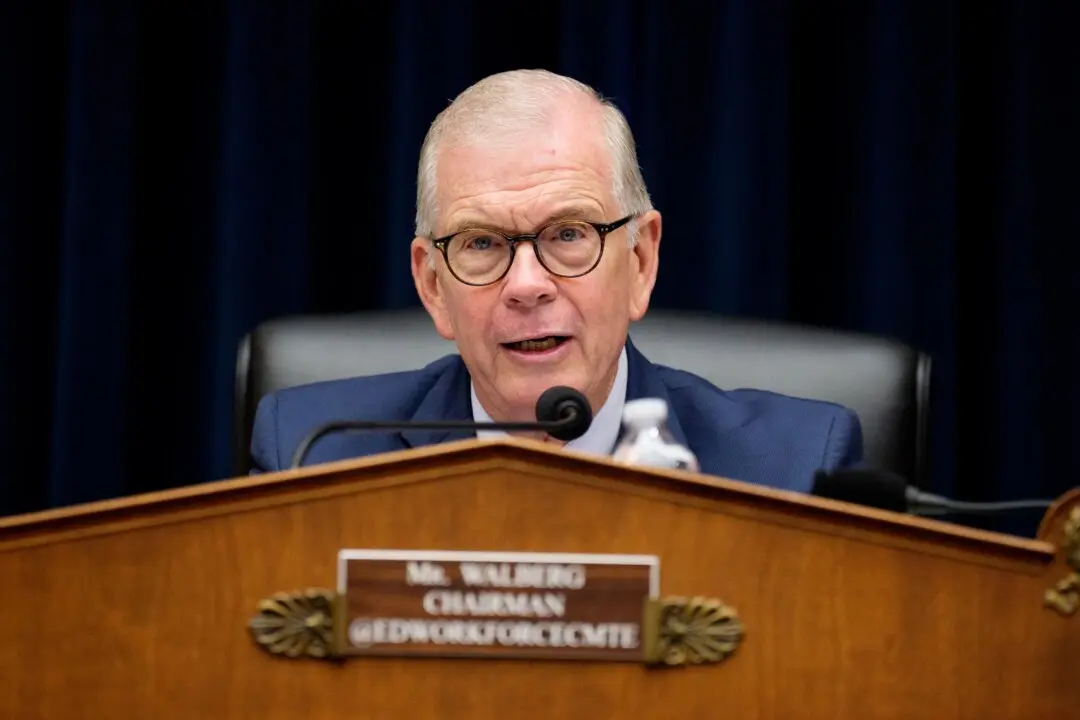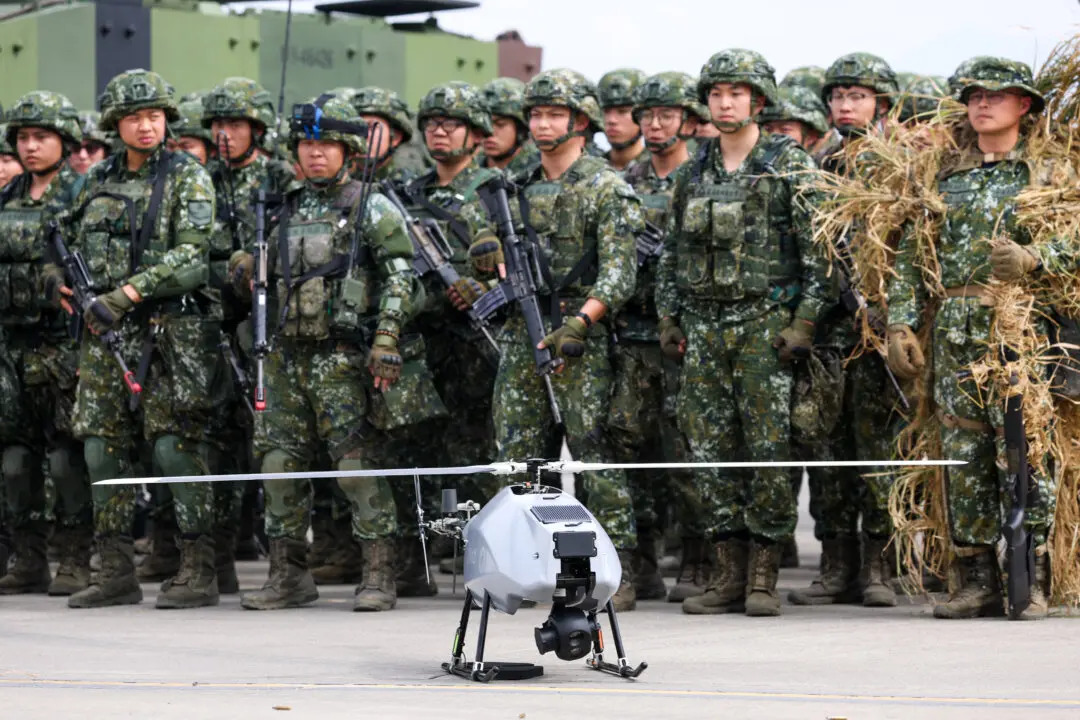Republican lawmakers expressed concern over the Biden administration’s China policies when Secretary of State Antony Blinken testified before a House Committee on Foreign Affairs hearing on March 10.
Leading the criticism was Rep. Chris Smith (R-N.J.), who asked Blinken whether he would impose “a serious cost” on the Chinese Communist Party (CCP) over its human rights violations, and whether he would retain the Commerce Department’s “entity list” blacklisting Chinese companies involved in human rights abuses.





